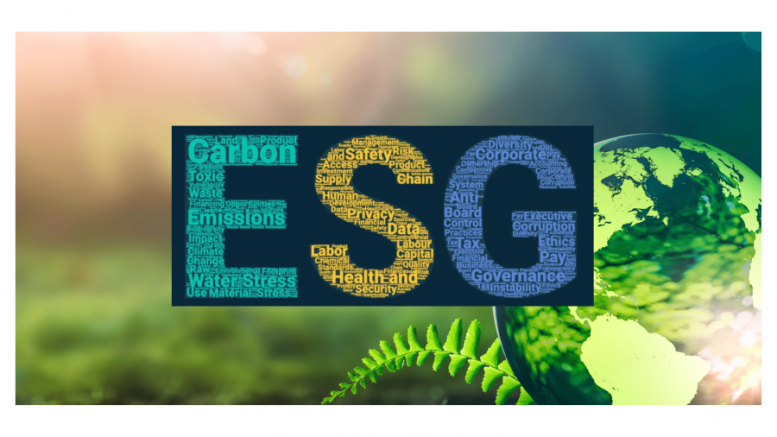The New Delhi Declaration adopted on September 09-10, 2023, at the G20 summit marks a new bold step in determining the future of our planet and its people.
India’s LiFE (lifestyle for sustainable development aimed at stopping mindless consumption of resources) strategy to address climate challenges is now included in the preamble of the declaration. It is a living endorsement of the principles of Environment Social Governance (ESG) framework. This assumes significance because the G20 economies account for 80 percent of cumulative global GHG emissions, 85 percent of global GDP, and 75 percent of foreign direct investment flows.
The ‘E’ in the G20 and ESG framework
For a long time, India has been championing the cause of developing economies when it comes to climate change and the concerns arising due to it. The New Delhi declaration commits to accelerate strong, sustainable, balanced and inclusive growth. The G20 leaders commit to ‘pursue low-GHG/low-carbon emissions, climate-resilient and environmentally sustainable development pathways by championing an integrated and inclusive approach.’
In the world of corporates and businesses, this calls for an honest review of existing practices and technologies that hinder sustainable way of living and working. Of course, there is a cost to be incurred. Which is why, there is an accountability attached via the ESG reporting framework that is now part of the BRSR reporting mandated by SEBI.
What does this mean for communicators, ESG professionals, and PR agencies working on the agenda of ESG? It calls for utmost transparency in communicating the agenda, strategy, and milestones achieved in fulfilling the commitment. The era of ‘greenwashing’ is gone. These functions can be the cheerleaders to push departments to embed sustainability targets in every function, be it supply chain management, finance or human resources and thereafter build an authentic narrative that shapes a strong reputation.
The ’S’ in the G20 and ESG framework
Many corporates do their CSR programs around the theme of promoting STEM education in girls, run women-centric skill programs, provide leadership and entrepreneurial training to women, and bridge the digital gender divide through financial literacy and inclusion programs. This so beautifully fits into the declaration that commits to ‘close gender gaps, promote full, equal, effective women’s participation in the economy as decision-makers.’
The declaration states, “…we will support and increase women’s participation, partnership, decision-making and leadership in climate change mitigation and adaptation, and disaster risk reduction strategies and policy frameworks on environmental issues, support gender-responsive and environment-resilient solutions, including water, sanitation and hygiene (WASH) solutions, to build resilience to the impact of climate change and environmental degradation.”
The social framework of the declaration provides a strong direction for driving social impact programs that can elevate the rural communities by promoting equitable growth.
The ‘G’ in the G20 and ESG framework
The declaration recognises that G20 cooperation is essential in shaping the planet today and for a better tomorrow. A global biofuel alliance has been launched that will focus on developing biofuels of energy transition, job creation and economic growth. A first-of-its kind $1 billion investment fund has been set up to speed up energy transition.
Proper governance structures and compliances are like ‘self-care’. If you take care of your ‘self’, the rest of things often fall in place. Similarly, if corporates have a strong compliance framework, the ‘E’ and the ‘S’ become easy to put in place and ensure right priorities.
The G20 framework recognises the power of the economies associated with it to bring about change. Collaboration is key. Pursing a common goal through an agreed upon international framework lays a strong edifice to build upon.
Working together
Driving ESG commitments within an organisation calls for unity on purpose by all functions. And achieving consensus among divergent views is never easy.
The New Delhi G20 declaration has shown the world that it is possible. It recognises the critical role of dialogue and unity to address the adverse impact of climate change. The declaration mentions, ‘we recognise the critical role of private enterprise in accelerating growth and driving sustainable economic transformations. To this end, we resolve to work with private sector to create inclusive, sustainable, and resilient global value chains, and support developing countries to move up the value chain.’
The stage is now set for corporates need to align themselves around a common agenda and work closely with the government in its commitment to pursue sustainable goals.
The views and opinions published here belong to the author and do not necessarily reflect the views and opinions of the publisher.



Be the first to comment on "The G20 New Delhi Declaration is a callout for Corporates to be firm on their ESG goals"